by Ken Sehested
The following was published in February 1991 by the Baptist Peace Fellowship of North America (BPFNA), along with the names of 1,700 individuals who earlier formally endorsed the “Call to Prayer and Fasting” action sponsored by the BPFNA as one response of resistance to “Desert Storm,” the U.S.-led war against Iraq. This material was originally delivered at Prescott Memorial Baptist Church, Memphis, Tenn., on Wednesday evening, February 13, 1991, as part of the church’s Ash Wednesday service.
Two months ago we urged members of the Baptist Peace Fellowship (and any others who would join us) to engage in daily prayer and weekly fasting. We issued a document entitled “All Things Are Possible: Call to Prayer & Fasting.” Its purposes were to mobilize and amplify the voice of Baptists and others who opposed the prospect of war in the Middle East, to affirm diplomatic initiatives to resolve the conflict, and to suggest creative, practical and redemptive ways for Christians to express their convictions.
The purpose of this new “Deepening the Call” statement is to encourage those who have already given their endorsement to continue in their prayer and fasting disciplines; and to urge those who have not yet committed themselves to do so.
The “Call to Prayer & Fasting” statement begins with a story from Mark’s Gospel. Jesus’ disciples fail in their attempts to heal a young child possessed with a “deaf and dumb” spirit. Appealing to Jesus, the child’s father makes his famous statement, “Lord, I believe; help thou mine unbelief.” And Jesus responds,  “All things are possible to those who believe.” After Jesus casts out the evil spirit, his disciples ask him, “Why could we not cast it out? And he says to them, ‘This kind cannot be driven out by anything but prayer and fasting.’”
“All things are possible to those who believe.” After Jesus casts out the evil spirit, his disciples ask him, “Why could we not cast it out? And he says to them, ‘This kind cannot be driven out by anything but prayer and fasting.’”
The text of the “Call” says these spiritual disciplines —prayer and fasting—were chosen “to sharpen and focus the Spirit’s action in our lives. . . . We declare that God’s grace is saturating our lives, redefining for us the nature and source of our true security, freeing us from the compulsive addiction to the world’s order of business, to its rules as to whom goes the victory, to whom the defeat.”
It went on to say, “We reject the notion that war is inevitable or that it has the power to bring about a just settlement of this present confrontation and its underlying causes. The conviction to which we testify is as commonsensical as the instructions given us as children, that two wrongs don’t make a right. Also, as biblical people, we proclaim the political realism of the Spirit: ‘Not by might, nor by power, but by my Spirit, says the Lord’ (Zechariah 4:6).
“We boldly contradict those who assume that our Lord’s admonition to love enemies is sentimental counsel for the weak and the resigned.
“We believe, with Jesus, that all things are possible. We believe that peace, like war, must be waged. . . . We believe in the transforming power of the politics of forgiveness; of just restitution, infused with mercy, blossoming into peace.
Despite the prayers of millions of believers, both in this country and elsewhere, the war has begun. And it has been prosecuted on a scale never before witnessed in the history of humankind. On February 4, Major General Robert Johnston said that “[we have flown] approximately one bombing sortie for every minute of the Desert Storm operation.”
Already this century has witnessed nearly 300 wars with a combined casualty rate of 86 million, 20 million of them since World War II. And I suspect every one of them has been sanctioned by leaders claiming God’s blessing, as George Bush did by orchestrating TV coverage of a prayer meeting in the White House led by Rev. Billy Graham.
Have our prayers been in vain?
One columnist wants to ask the question from a different vantage point. Commenting on the out break of prayer services across the nation, Kansas City Star columnist Bill Tammeus writes:
“It was people who started this mess, and now they want God to get them out of it. They are playing the prayer card, hoping the creator of the universe will rescue them like some heavenly Superman. . . . Although I, too, think it would be wonderful if God intervened and brought peace, I think these 911 prayers are arrogant if unaccompanied by an acknowledgment of who really is to blame and a request for forgiveness and mercy. . . . We now confront the consequences of actions we took in freedom. What actions? We and others have chosen to sell arms to countries throughout the Mideast. Why do we feign shock that they would be used? We have chosen to construct an economy that must have foreign oil to operate. Why do we think we should be guaranteed a supply of it?”
Actually, the prayers of much of the nation—and maybe much of the culture-conformed believing community, too—are being answered in spades. There have been countless prayers for peace, but for what kind of peace?
In The War Prayer Samuel Clemens (a.k.a. Mark Twain) tells the story of a nation engaged in a great and exciting war, of a people caught up in a fever of dizzy patriotism which made them quick to condemn any who dared to disapprove of the war, and of churches whose pastors called upon God to bless the troops in their “patriotic work,” shield them from harm and secure the victory. In one such church, after a particularly passionate and eloquent prayer, an eerie-looking white-haired stranger, dressed in a long robe, suddenly appeared and approached the pulpit. When the startled minister gave way to this ancient, the stranger began to speak.
What he told the assembled congregation was that their prayers for victorious peace had indeed been heard by God, but that God wanted them to make sure they knew what they were praying for.
The stranger said, “God’s servant has prayed his prayer [for the peace of victory]. Is it one prayer? No, it is two—one uttered, the other not. . . . I am commissioned of God to put into words the other part of it—that part which . . . you in your hearts fervently prayed silently. Upon the listening spirit of God fell also the unspoken part of the prayer. Listen!
O Lord, our young patriots, idols of our hearts, go forth in battle—be Thou near them! . . . O Lord our God, help us to tear their soldiers to bloody shreds with our shells; help us to cover their smiling fields with the pale forms of their patriot dead; help us to wring the hearts of their unoffending widows with unavailing grief; help us to turn them out roofless with their little children to wander unfriended the wastes of their desolated land in rags and hunger and thirst, broken in spirit, worn with travail, imploring Thee for the refuge of the grave and denied it—for our sakes who adore Thee, Lord, blast their hopes, blight their lives, protract their bitter pilgrimage, make heavy their steps, water their way with their tears, stain the [sand] with the blood of their wounded feet!
We ask it, in the spirit of love, of Him Who is the source of Love, and Who is the ever-faithful refuge and friend of all that are sore beset and seek His aid with humble and contrite hearts. Amen.
Reflecting on the current war in the Middle East, Kenneth Morgan wrote recently in the New York Times about an experience of some years ago while walking the streets of Damascus, Jordan.
I watched as a man who was riding slowly through the crowd on a bicycle with a basket of oranges precariously balanced on the handlebars was bumped by a porter so bent by a heavy burden that he had not seen him. The burden was dropped, the oranges scattered and a bitter altercation broke out between the two men.
After an angry exchange of shouted insults, as the bicyclist moved toward the porter with a clenched fist, a tattered little man slipped from the crowd, took the raised fist in his hands and kissed it. A murmur of approval ran through the watchers, the antagonists relaxed, then the people began picking up the oranges and the little man drifted away.
Now that our American bicycle has been bumped and oil supplies are spilled, and angry, unseemly insults and threats have been exchanged, and war has broken out with the possibility of the loss of myriad lives while millions stand by in horror, when and where can we turn for someone to kiss the American fist?
As one attempt to kiss that fist, to somehow drain its vengefulness, I am choosing to declare for myself an extended fast, beginning today, Ash Wednesday (February 13) and extending until Easter Sunday morning (March 31). This is not something I have decided quickly or in isolation. In addition to my own family, a group of trusted friends—given the authority to veto this decision—has discussed this thoroughly with me and given me their blessing.
Fasting is an ancient tradition not only of the church of Jesus Christ but of the Hebrew people as well. Throughout Scripture, special seasons of fasting were called in times of crisis or in times requiring serious attention to the need of repentance.
The Gospels (Matthew 4, Mark 1, Luke 4) record Jesus’ 40-day fast in the desert, where he was tempted with the options of worldly dominance, glory, and power. With this war, the Christian community in the West now faces its own season of temptation. This is for us a time of testing, a time to decide who we will choose to serve, to whom we will pledge our allegiance. Which will enlist our primary loyalty: the cross of Christ, or the cross of the sword?
Blessing the state in its war-making adventures—something the Christian community refused to do until the fourth century, when Constantine established the church as the empire’s official religion; something which our Anabaptist forebears refused to do, and thus were beaten, burned at the stake and drowned almost out of existence—is equivalent to wanting to rescue Jesus from the cross.
I am taking this action to further dramatize the profound grief over our nation’s decision to undertake this war and grief over the wounded, deadly fate of tens of thousands of soldiers and innocent civilians.
This will be a bread-and-water fast. Such is the traditional fare of prisoners, and I feel we as a people are prisoners of our own ignorance. We are ignorant of the history of Western nations’ meddling in the affairs of Islamic Middle Eastern people for at least four centuries. Thus, we do not understand their rage at us, and we do not understand the symbol which Saddam Hussein—brutal and ruthless as he is—has become for their aspirations for self-determination.
We are also prisoners of a vengeful spirit. Despite our collective identity as a Christian people, we brazenly ignore Scripture’s repeated insistence that “Vengeance is mine, sayeth the Lord.” We openly contradict the teaching and model of Jesus, whom we name as Lord, who chose suffering and death rather than retaliation. We cannot simultaneously love and destroy enemies.
Ultimately, though, we are prisoners of hope (Zechariah 9:12). We would prefer to be free of hope, free to abandon ourselves either to rage or to resignation. But we remain captive to hope: The hope that the tribulation of suffering and pain that begins on Ash Wednesday—symbolically representing the passion and crucifixion of Jesus—will finally give way to Easter’s resurrection.
Like U.S. President George Bush, we look forward to a “New World Order.” But that New World Order will enthrone neither Bush nor Hussein, nor any other who would rule through the barrel of a gun. Rather, the coming New World Order will be a time when. . .
•swords will be hammered into plowshares and nations shall not even study—much less engage in—war (Isaiah 2:4);
•the bows of the mighty are broken and the feeble gird themselves with strength (1 Samuel 2:1-8);
•the poor will be lifted from the ash heap and will take a seat of honor (1 Samuel 2:1-8);
•the wolf and the lamb, the lion and the calf, the leopard and the kid will lie together in peace (Isaiah 11:3-9);
•weeping and distress will no longer be heard (Isaiah 65:17-22);
•every boot of the trampling warrior and every garment soaked in blood will be burned as fuel for the fire (Isaiah 9:5-7);
•the lame will be saved, the outcast gathered, and their shame be turned into praise (Zephaniah 3:19)
•the proud shall be scattered, the mighty pulled down, the lowly ones exalted and the hungry filled with good things (Luke 1:51-53);
•every tear shall be wiped away, neither shall there be mourning nor crying nor pain anymore (Revelation 21:1-4);
•death itself will be vanquished and creation itself be set free from its bondage to decay (Romans 8:19-24).
This will be a time when “kinder, gentler nation” will be more than a political slogan.
In order to arrive at this New World Order, we cannot bypass the cross. We cannot jump directly from baby Jesus, so gentle and sweet, to Resurrection Morning. As our Lord repeatedly reminded us, “Whoever believes in me will also do the works that I do” (John 14:12); “If you love me, you will keep my commandments” (14:15); “This is my commandment, that you love one another as I have loved you” (15:12). We must pick up our cross and follow Jesus (cf. Matthew 16:24), even through his passion.
Unfortunately, most of the believing community in this country will involve themselves more vigorously in Valentine’s Day, tomorrow, than in Ash Wednesday, today. Our spiritual health is such that we long for the throwaway cards and empty calories of Valentine’s Day more than for the ashes of Lent. Valentine candy is the gospel of our culture.
But the believing community knows that only today’s ashes can bring us life and health; only the cross-shaped smudge on our foreheads marks us as the final victors in God’s promise of a restored creation; only the practice of repentance, admitting our weary weakness, gives us a claim on Jesus.
Scripture says: “If my people who are called by my name humble themselves, and pray and seek my face, and turn from their wicked ways, then I will hear from heaven, and will forgive their sin and heal their land” (2 Chronicles 7:14). It is that forgiveness for which we long; it is that healing which we await.
Ken Sehested @ prayerandpolitiks.org
 then announced the promise of a fertile womb beyond all conceivable prospect.
then announced the promise of a fertile womb beyond all conceivable prospect.

 “All things are possible to those who believe.” After Jesus casts out the evil spirit, his disciples ask him, “Why could we not cast it out? And he says to them, ‘This kind cannot be driven out by anything but prayer and fasting.’”
“All things are possible to those who believe.” After Jesus casts out the evil spirit, his disciples ask him, “Why could we not cast it out? And he says to them, ‘This kind cannot be driven out by anything but prayer and fasting.’” eight classical dance forms of India and is thought to be the oldest surviving dance of India.
eight classical dance forms of India and is thought to be the oldest surviving dance of India. Service
Service  movie “Aladdin.” —see
movie “Aladdin.” —see 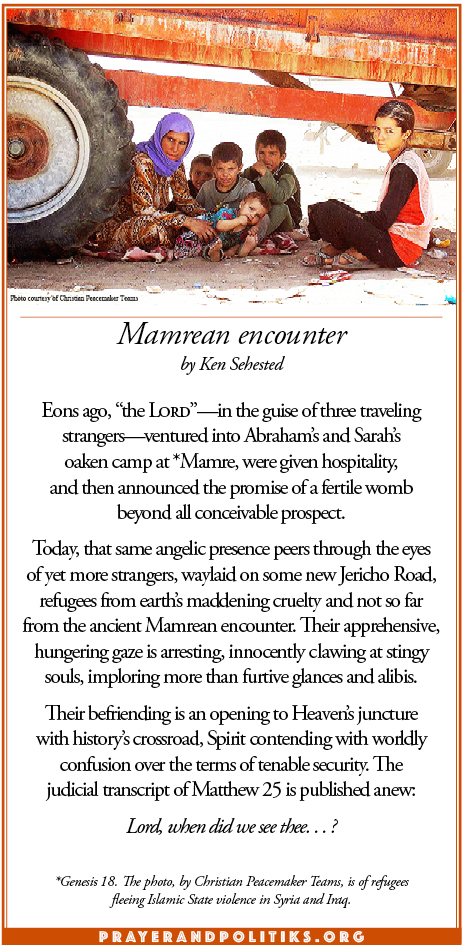
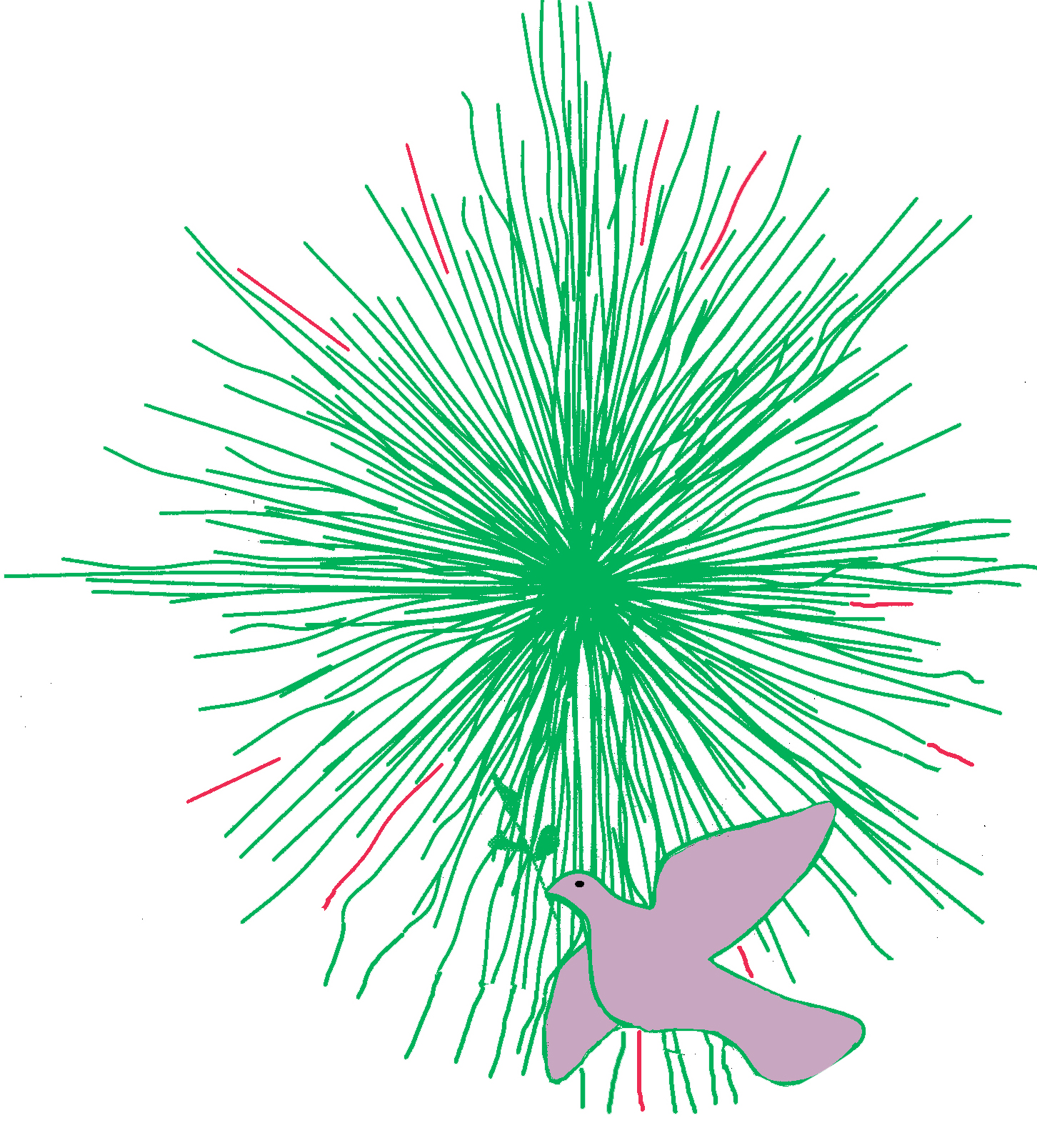 en,
en, in everything / That's how the light gets in.” —“Anthem,”
in everything / That's how the light gets in.” —“Anthem,” 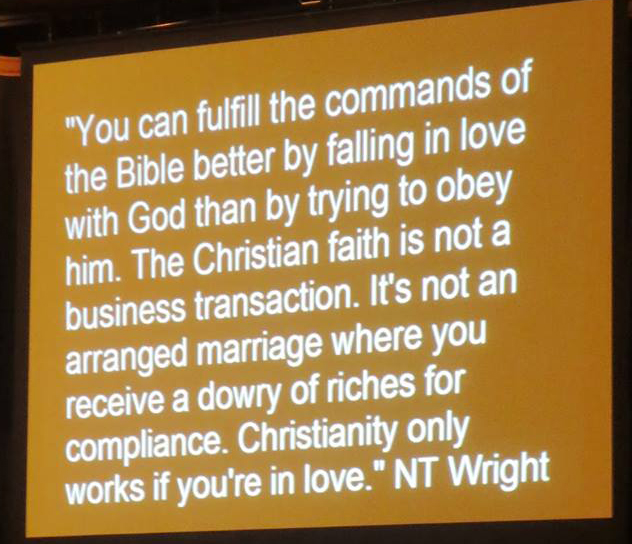 ¶ Recessional. “
¶ Recessional. “ thunderstorm. (Thanks, Naomi and Geoff.)
thunderstorm. (Thanks, Naomi and Geoff.)  NASA and the National Oceanic and Atmospheric Administration (NOAA) announced the official record for last year's runaway temperatures, an average of 58.62 degrees Fahrenheit (14.79 degrees Celsius). That's 1.62 (F) degrees hotter than any average year in the 20th century. "It's getting to the point where breaking records is the norm," Texas Tech climate scientist Katharine Hayhoe told the Associated Press. —
NASA and the National Oceanic and Atmospheric Administration (NOAA) announced the official record for last year's runaway temperatures, an average of 58.62 degrees Fahrenheit (14.79 degrees Celsius). That's 1.62 (F) degrees hotter than any average year in the 20th century. "It's getting to the point where breaking records is the norm," Texas Tech climate scientist Katharine Hayhoe told the Associated Press. —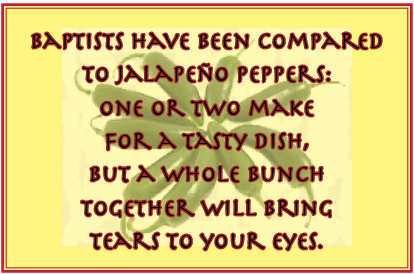 poor, is among 16 social justice initiatives to watch in 2016 cited by the
poor, is among 16 social justice initiatives to watch in 2016 cited by the  ¶ In 1962, Crayola renamed its “Flesh” crayon color as “Peach” in an attempt to . . . well . . . make room for 70% of the global population.
¶ In 1962, Crayola renamed its “Flesh” crayon color as “Peach” in an attempt to . . . well . . . make room for 70% of the global population.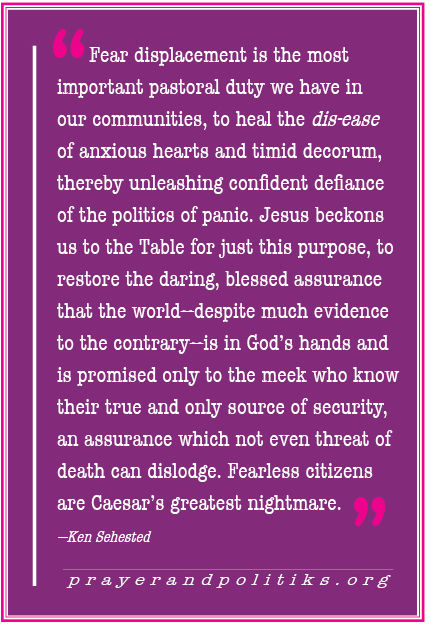 Yancey.
Yancey.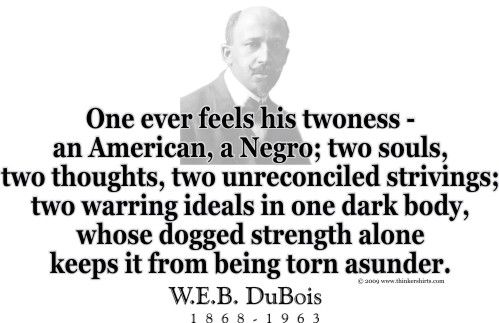 line.’ And we know that it is still a horrifying problem of the twenty-first century, along with the gender line, the sexual orientation line, the immigration line, the religious line, the economic line, the class line. The lines are drawn along the ancient human problem of entitlement, with one group feeling entitled to have power and control over another group. The problem of the twenty-first century is the problem of the past centuries, the problem of the power line. I’ve found myself on both sides of that line, at once powerful and then powerless. But in prison, it was clear that I was on the side of the line of privilege and power.” —read
line.’ And we know that it is still a horrifying problem of the twenty-first century, along with the gender line, the sexual orientation line, the immigration line, the religious line, the economic line, the class line. The lines are drawn along the ancient human problem of entitlement, with one group feeling entitled to have power and control over another group. The problem of the twenty-first century is the problem of the past centuries, the problem of the power line. I’ve found myself on both sides of that line, at once powerful and then powerless. But in prison, it was clear that I was on the side of the line of privilege and power.” —read 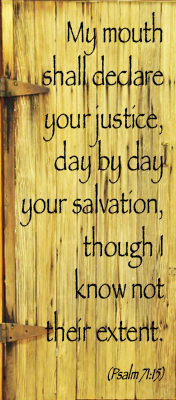 ce / Day by day your salvation / Though I know not their extent.’ (Psalm 71:14-15)
ce / Day by day your salvation / Though I know not their extent.’ (Psalm 71:14-15) •For more information, see “How pillows can change the Syria refugee narrative,”
•For more information, see “How pillows can change the Syria refugee narrative,” 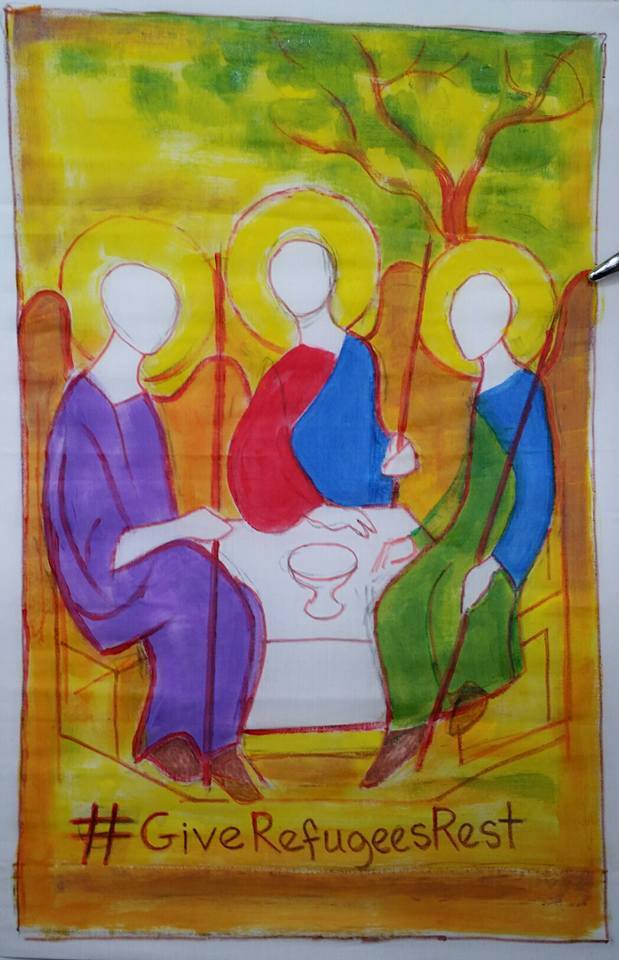 Inclusion, for whom the plight of immigrants has a special history. It was in early 1942 that President Franklin D. Roosevelt signed executive order 9066, consigning citizens of Japanese descent to concentration camps. The first of those incarcerated were from Bainbridge Island, Washington. Spencer’s painting is a take on the 15th century icon, variously known as "The Trinity" and "The Hospitality of Abraham," depicting the scene in Genesis 18 where “the Lord” appeared to Moses under the oaks of Mamre in the guise of three travelers. Numerous variations have since been produced.
Inclusion, for whom the plight of immigrants has a special history. It was in early 1942 that President Franklin D. Roosevelt signed executive order 9066, consigning citizens of Japanese descent to concentration camps. The first of those incarcerated were from Bainbridge Island, Washington. Spencer’s painting is a take on the 15th century icon, variously known as "The Trinity" and "The Hospitality of Abraham," depicting the scene in Genesis 18 where “the Lord” appeared to Moses under the oaks of Mamre in the guise of three travelers. Numerous variations have since been produced. ¶ Benediction. “To suceed in life you need three things: a backbone, a wishbone, and a funny bone.” —country music start Reba McEntire
¶ Benediction. “To suceed in life you need three things: a backbone, a wishbone, and a funny bone.” —country music start Reba McEntire